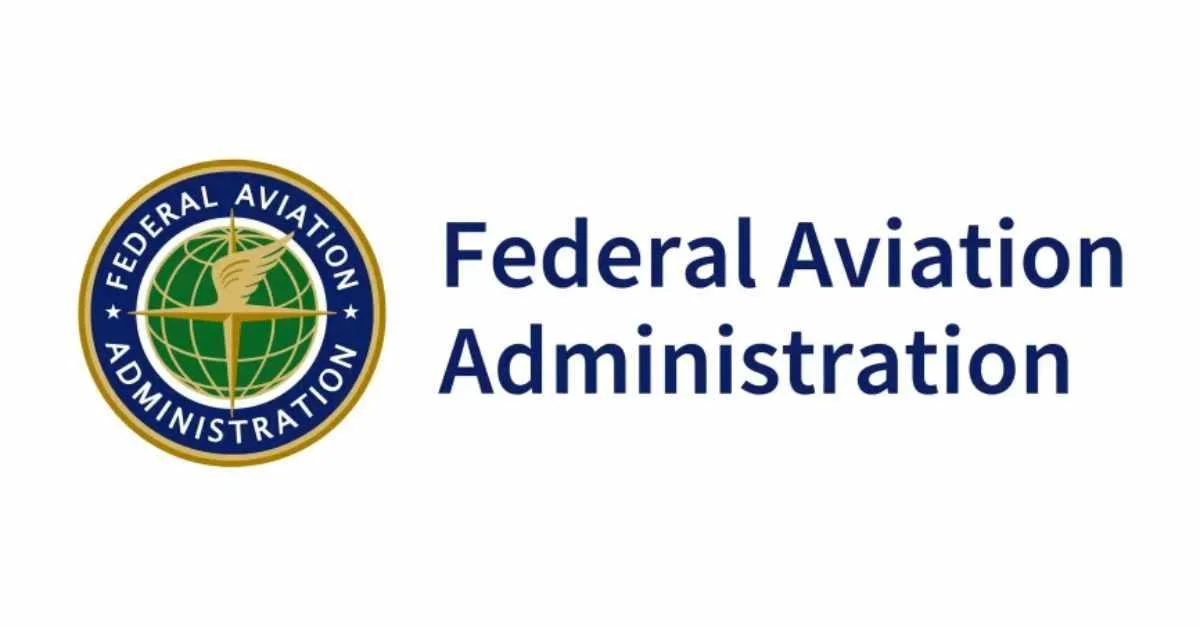Air travelers often hear gate agents proclaim that the overhead bin space is full, only to find available room once boarding. This puzzling situation stems from a mix of airline policies, passenger behavior, and logistical issues.
"Boarding is often one of the slowest parts of air travel, and congestion in the aisles can delay takeoff," says View from the Wing, highlighting the reason for airlines asking passengers to check bags to hasten the boarding process. However, this efficiency strategy can sometimes lead to unnecessary checked baggage, as passengers comply with the belief that bins are full.
Variations within the aircraft add to this issue, as Travel and Leisure notes that overhead space is not always used efficiently, leading to certain sections appearing full while others have room. This is compounded by passengers' habits of storing luggage near assigned seats, instead of utilizing available space further along the aisle.
 Alerts Sign-up
Alerts Sign-up











